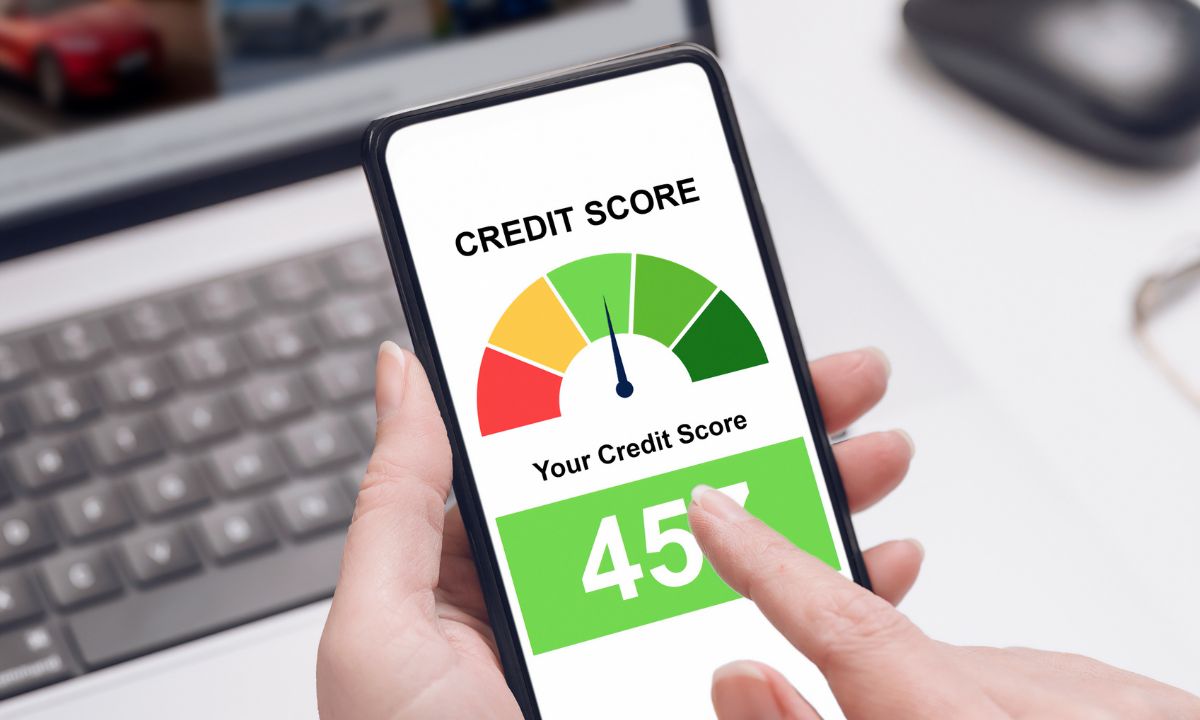Preparing for a Mortgage? 5 Ways to Build Credit Without Credit a History
 Building a credit profile from scratch can be a daunting task, especially for those who have no credit history. These individuals, often referred to as having a “thin credit file,” face challenges in securing loans, credit cards, or even mortgages. Interestingly, having no credit at all can sometimes be more problematic than having a poor credit history when applying for a mortgage. There are effective strategies to help those with thin credit files establish a robust credit profile. Here are five practical ways to get started:
Building a credit profile from scratch can be a daunting task, especially for those who have no credit history. These individuals, often referred to as having a “thin credit file,” face challenges in securing loans, credit cards, or even mortgages. Interestingly, having no credit at all can sometimes be more problematic than having a poor credit history when applying for a mortgage. There are effective strategies to help those with thin credit files establish a robust credit profile. Here are five practical ways to get started:
1. Get a Secured Credit Card
Secured credit cards are one of the quickest and most cost-effective ways to build credit. Unlike traditional credit cards, secured cards require a cash deposit as collateral, which typically serves as your credit limit. For example, if you deposit $500, your credit limit will also be $500. By using the card responsibly and making timely payments, you can demonstrate your creditworthiness to the credit bureaus. Over time, this activity will be reported to the major credit bureaus, helping you build a solid credit history. Ensure you choose a secured card that reports to all three major credit bureaus: Experian, TransUnion, and Equifax.
2. Become an Authorized User
Another effective strategy is to become an authorized user on someone else’s credit card account. This could be a family member or a trusted friend with good credit habits. As an authorized user, the primary account holder’s positive payment history will be added to your credit report, boosting your credit profile. However, it’s crucial to ensure the primary account holder maintains good credit behavior, as any negative activity can also impact your credit.
3. Apply for a Credit Builder Loan
Credit builder loans are specifically designed to help individuals build credit. Unlike traditional loans, credit builder loans hold the loan amount in a secured savings account while you make monthly payments. Once the loan is paid off, the money is released to you. This process helps you build a positive payment history, which is essential for improving your credit score. Credit builder loans are typically offered by credit unions and community banks.
4. Use a Co-Signer
If you’re having trouble qualifying for a loan or credit card on your own, consider asking someone with good credit to co-sign for you. A co-signer agrees to take responsibility for the debt if you default, which reduces the lender’s risk. This can make it easier for you to get approved and start building credit. However, it’s important to manage the account responsibly, as any missed payments will affect both your and your co-signer’s credit.
5. Report Alternative Payment Data
Traditionally, credit scores are based on credit card and loan payment history. However, some services allow you to report alternative payment data, such as rent and utility payments, to the credit bureaus. Companies like Experian enable you to add these types of payments to your credit report. This can be a great way to establish a credit history if you don’t have any traditional credit accounts.
Building a credit profile with a thin credit file requires patience and strategic planning. By using secured credit cards, becoming an authorized user, applying for credit builder loans, using a co-signer, and reporting alternative payment data, you can effectively establish a strong credit history. Remember, the key to building and maintaining good credit is consistent, responsible financial behavior. Over time, these efforts will pay off, opening doors to better financial opportunities.
Categories
- Around The Home
- Awards
- Bankruptcy History
- Budget
- Chapter 7 Bankruptcy
- Construction Loan
- Credit
- Credit Scoring
- Environmental Awareness
- Escrow Tips
- Fair Housing
- Federal Reserve
- FHFA
- Financial Crisis
- Financial Fraud
- Financial Reports
- Foreclosure
- Holiday Tips
- Holidays
- Home Building Tips
- Home Buyer Tips
- Home Buying Tips
- Home Care
- Home Care Tips
- Home Decorating
- Home Financing Tips
- Home Maintenance
- Home Mortgage
- Home Mortgage
- Home Mortgage Tips
- Home Mortgages
- Home Seller Tips
- Home Selling Tips
- Home Tips
- Home Values
- Home Values
- Homebuyer Tips
- Homeowner Tips
- Housing Analysis
- Housing Market
- Investment Properties
- Market Outlook
- Mortagage Tips
- Mortgage
- Mortgage Application
- Mortgage Guidelines
- Mortgage Rates
- Mortgage Tips
- mortgage-rates-whats-ahead-september-17-2012
- Organization Tips
- Personal Development
- Personal Finance
- Rankings
- Real Estate
- Real Estate Definitions
- Real Estate Tips
- Real Estate Trends
- Selling Your Home
- Student Loans
- Tax Debts
- Taxes
- The Economy
- Travel
- Uncategorized